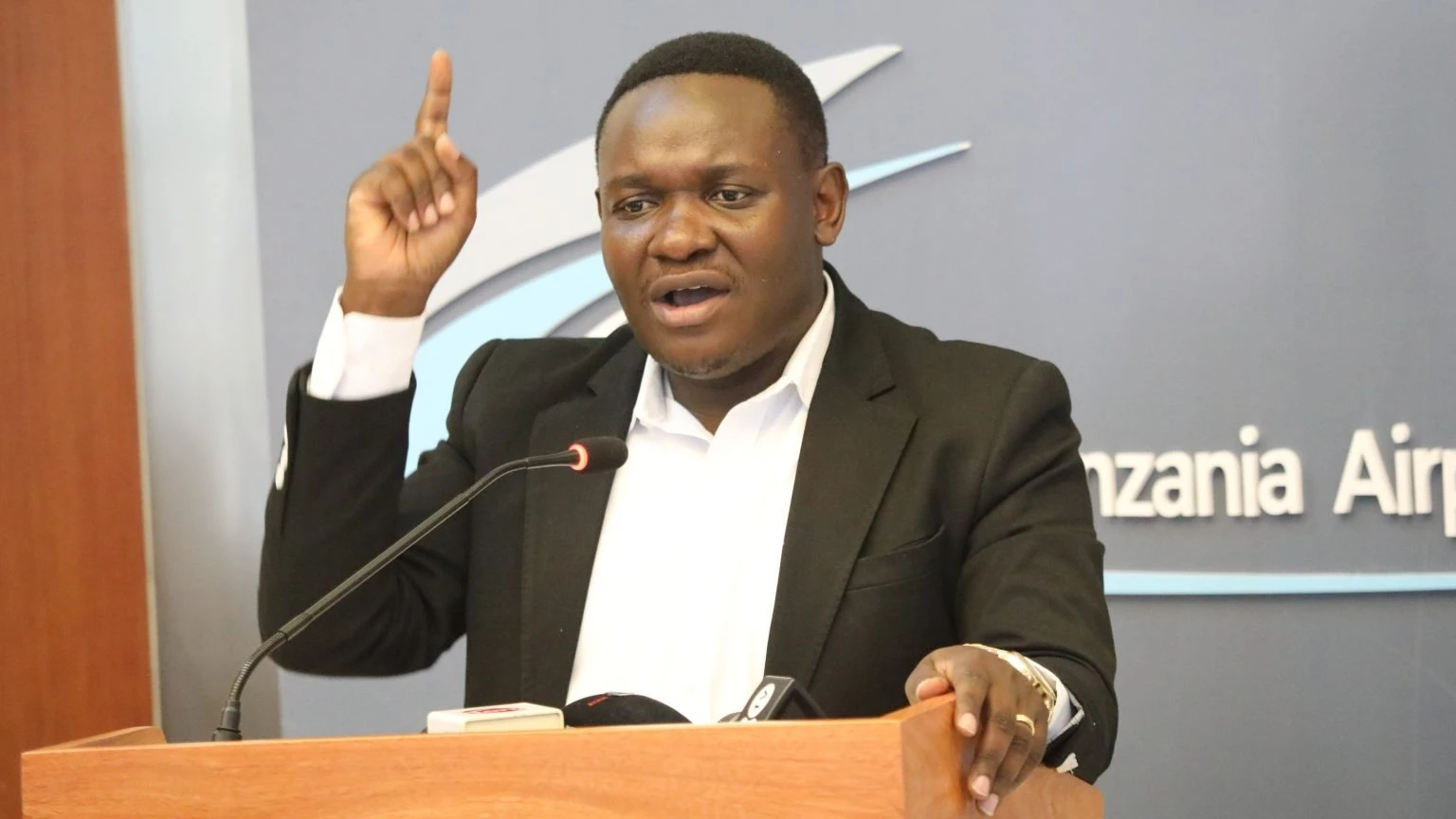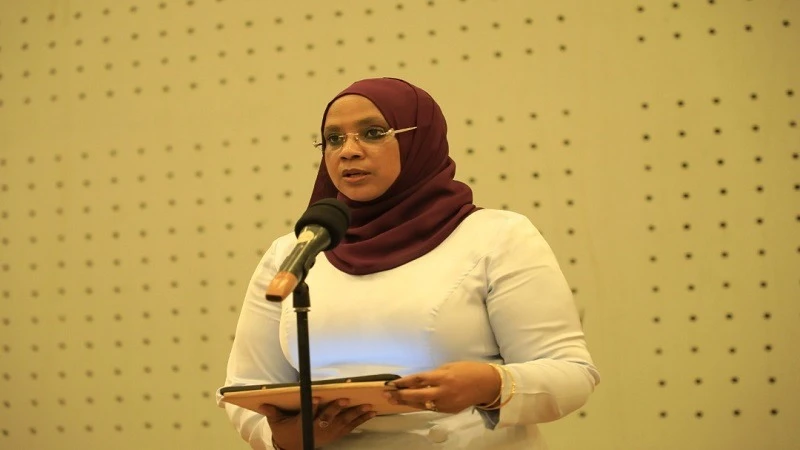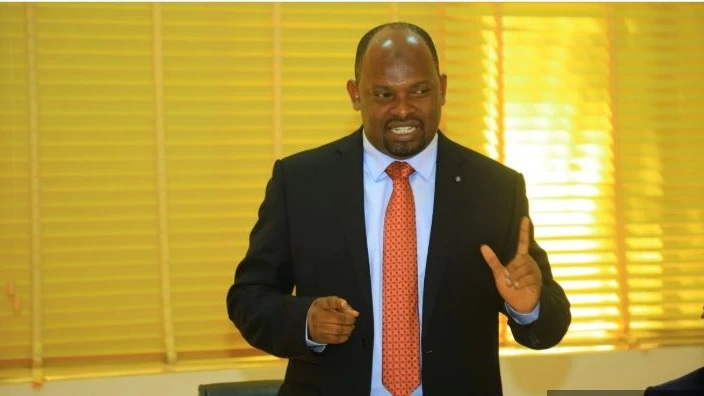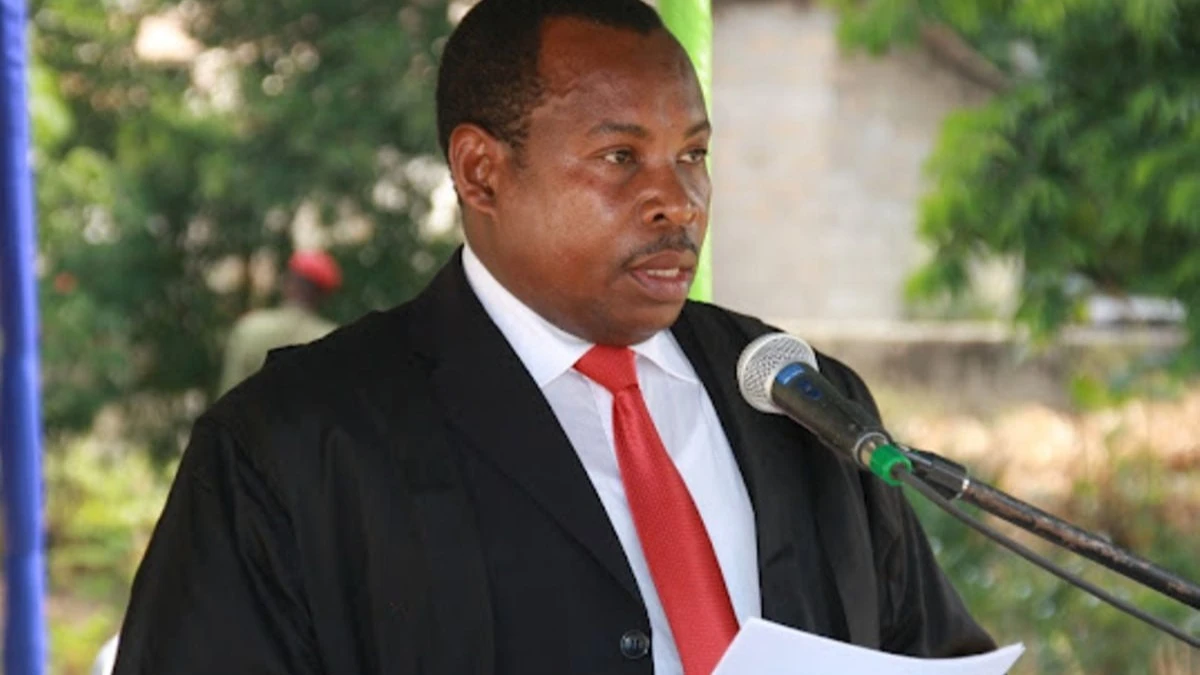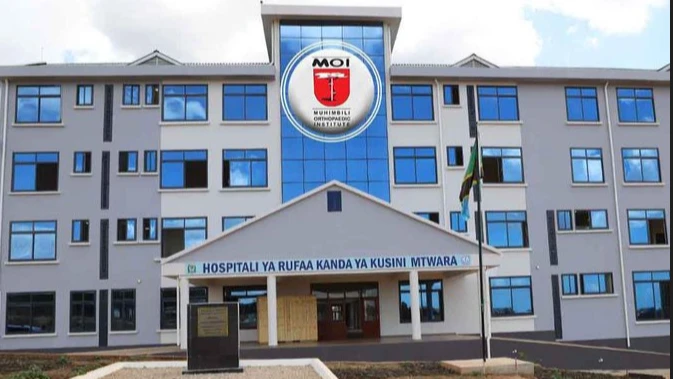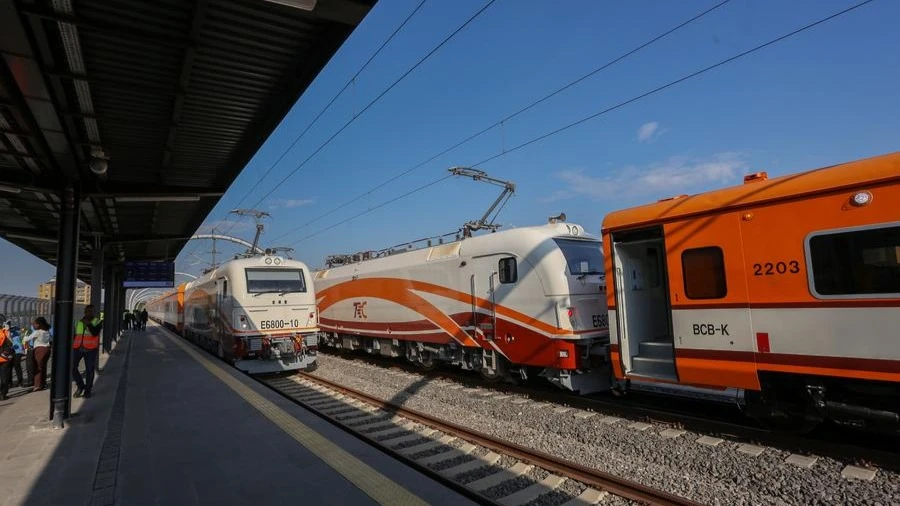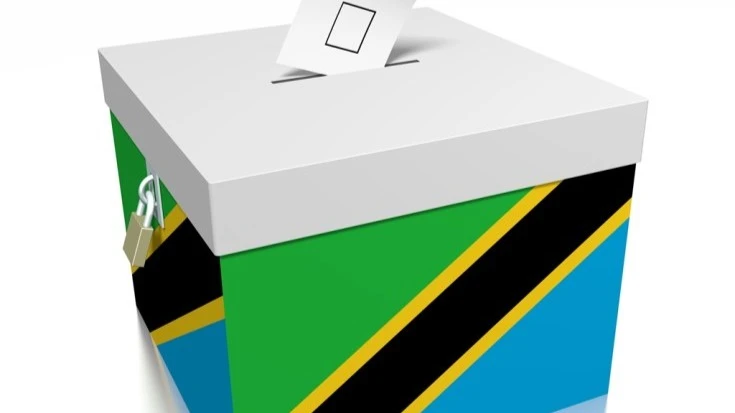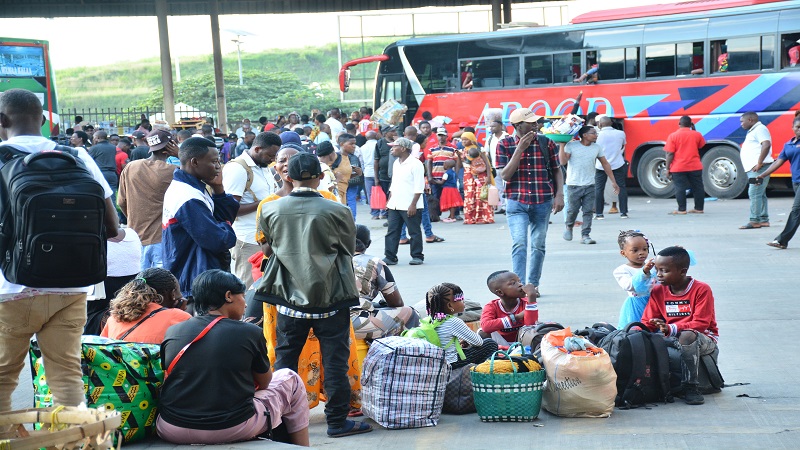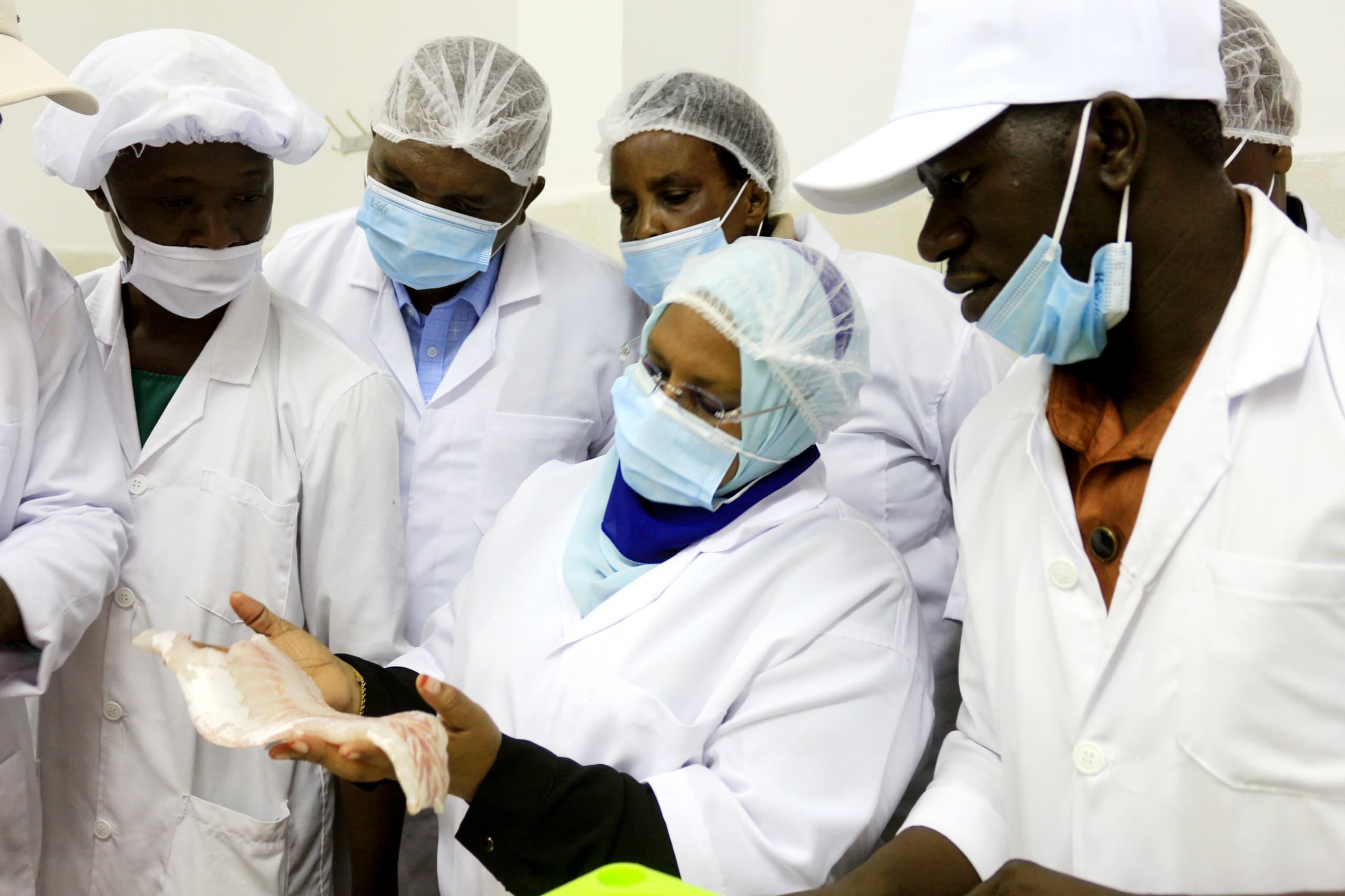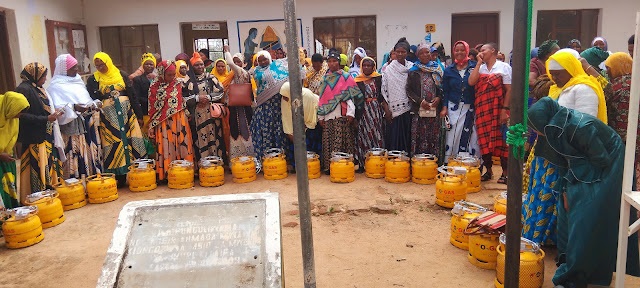Samia: Clean cooking energy financing vital
PRESIDENT Samia Suluhu Hassan has called for a generous replenishment of the African Development Fund within the African Development Bank (AfDB) to include $12bn for clean cooking energy access to unlock financing to realise clean cooking for all by 2030.
Addressing the Summit on Clean Cooking in Africa held at UNESCO headquarters here, she said that insufficient funding and a lack of awareness in economic opportunities in the clean cooking industry hamper efforts to scale interventions.
Moreover, the development of the needed solutions is limited by insufficient research and innovation, the president affirmed, in a keynote speech for the attending global leaders co-hosted by the Clean Cooking Alliance (CCA) and the International Energy Agency (IEA).
The summit is intended to enable 2024 become a turning point for progress in ensuring clean cooking access for all, she said, pointing at over 900 million Africans relying on unclean cooking solutions.
It is a fact which contributes to environmental degradation, biodiversity loss and related health hazards, she said, holding fort as co-chair of the summit and champion of clean cooking energy not only in Tanzania but also in Africa and globally.
The president said that current figures show that clean cooking access rates globally currently range from over 60 per cent in central and southern Asia, to over 80 per cent in eastern Asia, Latin America and the Caribbean.
“On the contrary, Africa, the continent with the highest population growth rates, and with all necessary natural resources, ranks the least in access to clean cooking,” she said, citing three major challenges facing clean cooking in Africa.
They are the lack of access to adequate, affordable and sustainable solutions, lack of global attention to the problem and the absence of smart partnerships to ensure clean cooking access for all, she explained.
“Amidst these challenges, central to Tanzania’s own commitment is delivering on our recently-launched ten-year clean cooking national strategy, which aims to ensure that 80 per cent of Tanzanians use clean cooking solutions by 2034,” she said.
Tanzania will also establish a fund to support clean cooking, with the prime minister providing high-level oversight of implementation of the strategy, she further noted
“Given the disproportionate burden faced by women, Tanzania will continue to advocate for the African Women Clean Cooking Support Programme (AWCCSP) to not only address the environmental and health impacts, but also empower women as agents of change within their communities,” she elaborated.
World leaders need to make clean cooking a priority agenda for Africa for a just energy transition that can positively impact the people, the planet and the environment, she added.
Top Headlines
© 2024 IPPMEDIA.COM. ALL RIGHTS RESERVED








